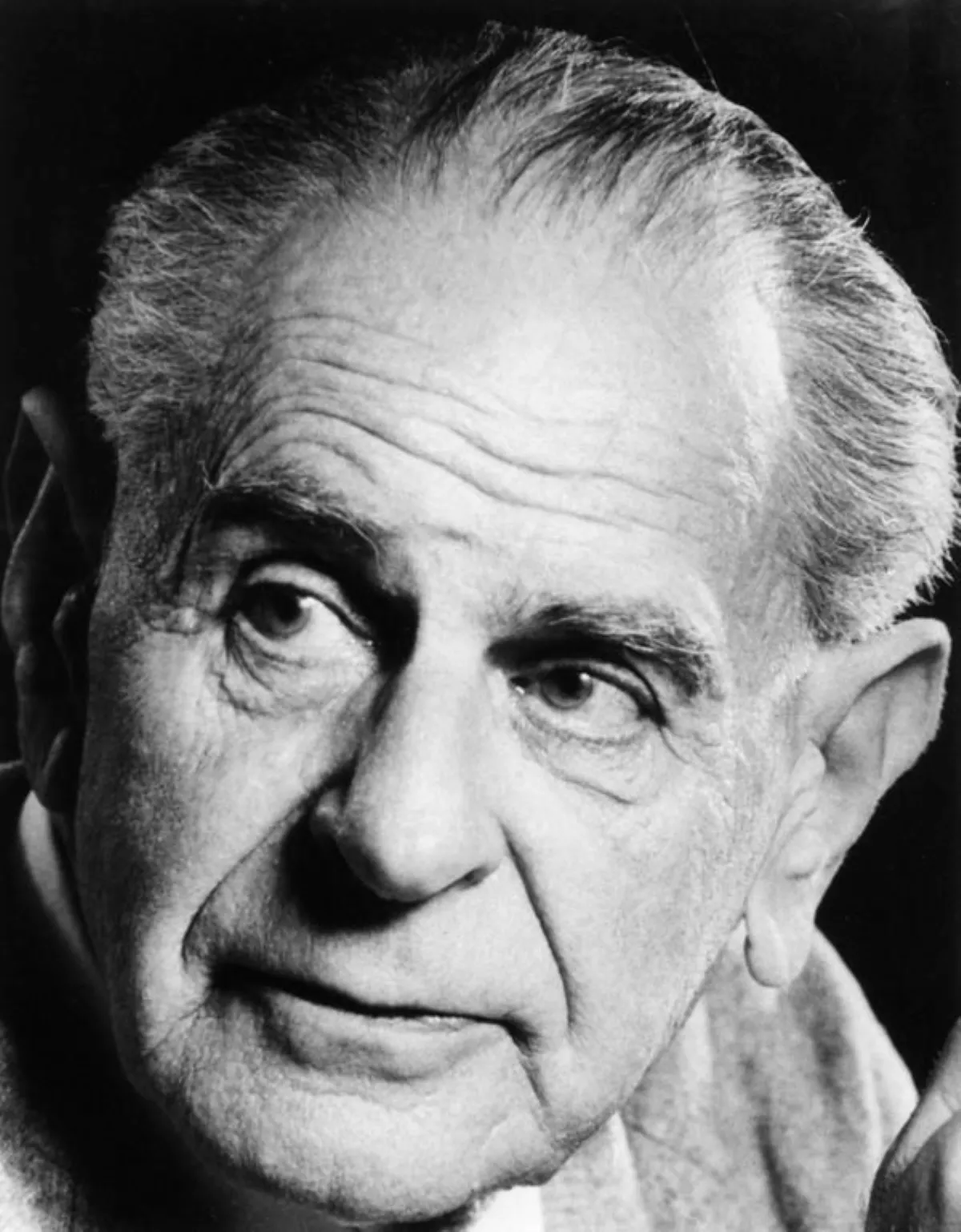 1.
1. One of the 20th century's most influential philosophers of science, Popper is known for his rejection of the classical inductivist views on the scientific method in favour of empirical falsification, and for founding the LSE's Department of Philosophy.